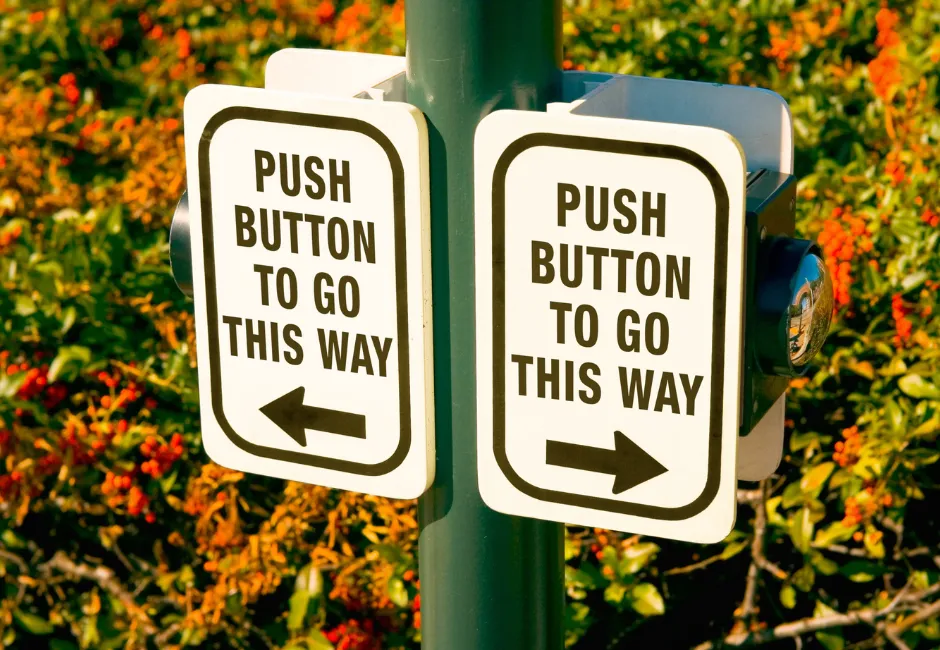How to avoid the Common Decision-Making Traps that Lead to In-Decision
The decision-making process can often lead to indecision. This is because decisions are often made in one of two ways: intuitively or analytically.
Intuitively, we make choices based on our emotions, such as anger, fear, excitement.
Analytically, we make choices based on the information we have on hand.
These two methods often lead to indecision because they are not mutually exclusive. It is possible to be emotionally invested in a decision and still make it analytically. This is because our emotions influence our decision making, but we also make analytical decisions based on emotion. In this article, we will discuss the decision-making process and how it can lead to indecision.

What is decision-making?
Decision-making is a process that involves making a decision about a choice or problem. It is a process that we go through in our lives and it is how we come to a conclusion about what to do. Decision-making can be difficult for some people and it can lead to indecision. Some people are not good at decision-making because they are not good at thinking about their options and coming to a conclusion. They often find it hard to make a decision about something and end up taking too long to make one. This indecisiveness can lead to them not making any decisions at all.
There are some ways that you can avoid decision-making traps and make it easier for yourself to make decisions, here are some of the ways:
- Make a list of pros and cons for each option
- Have a decision-making buddy that you trust. This is someone that you can talk to about your decision-making process and they can help you come to a conclusion.
- Always have a deadline for when you have to make a decision
- Give yourself time to think and don't be rushed prematurely to your conclusion
- Make sure you are making a decision that is aligned with your values. If you don't know what these are, it's a good idea to investigate this for yourself. We cover this in one of our lessons in our Mindset Module of the 'Empowerment Program' course.
How does emotion influence decision-making?
Emotion is an important part of decision-making. We often make decisions based on our emotions, without thinking them through. This can become problematic, especially when trying to make a decision that has a long-term impact on your life . Our emotions can be helpful but they can also be a hinderance if we allow them to take over and become a victim of our emotions, such as 'to become stuck in overwhelm', frozen with fear' or ' What-if ... this or that' 'I wish I had acted sooner' Learning to control our emotions is a wonderful skill to have and can really help us to make better decisions.

How does emotion influence analytical decision-making?
A decision-making trap is when one makes a decision based on emotion rather than on the facts. There are many decision-making traps that people fall into. These include the "sunk cost fallacy" and the "escalation of commitment." The "sunk cost fallacy" is when people make a decision based on the emotional impact of the decision rather than the costs and benefits of that decision. The "escalation of commitment" is when people make a decision, but later regret it. It is never too late to change your decision.
What happens if I don't make financial decisions?
If you don't manage your money, it will manage you.
When we don't make a decision, we are creating more difficulty and lost opportunities. Life will just 'happen' to you and will seem like you have no control over anything let alone your finances. While we don't have control over everything, we need to focus on what we DO have control over. We need to gain enough momentum to literally 'take off' like an aeroplane. Taking off is the hardest part. But once we're in the air we can course correct.
What can you do to help yourself?
Don't wait for a personal financial crisis. Get organised and start with the following steps:
- Create your goal.
- Set a timeline.
- Identify the action steps.
- Take action.
- Practice self-control.
If you aren't a 'numbers person' don't worry. This is about creating experiences, not numbers. Focus on the possibilities, not the money. Money is a resource that opens the doors of possibility.
So, the final question is... What are you doing to get off the ground and 'into the air'?
If you're not sure how to get going, reach out to someone who can help. I've helped many people over the years with this exact problem and I'm ready to help you with yours! Make the decision today to change your course - click here to book in for a free consult and let's talk possibility.
Annette :)

